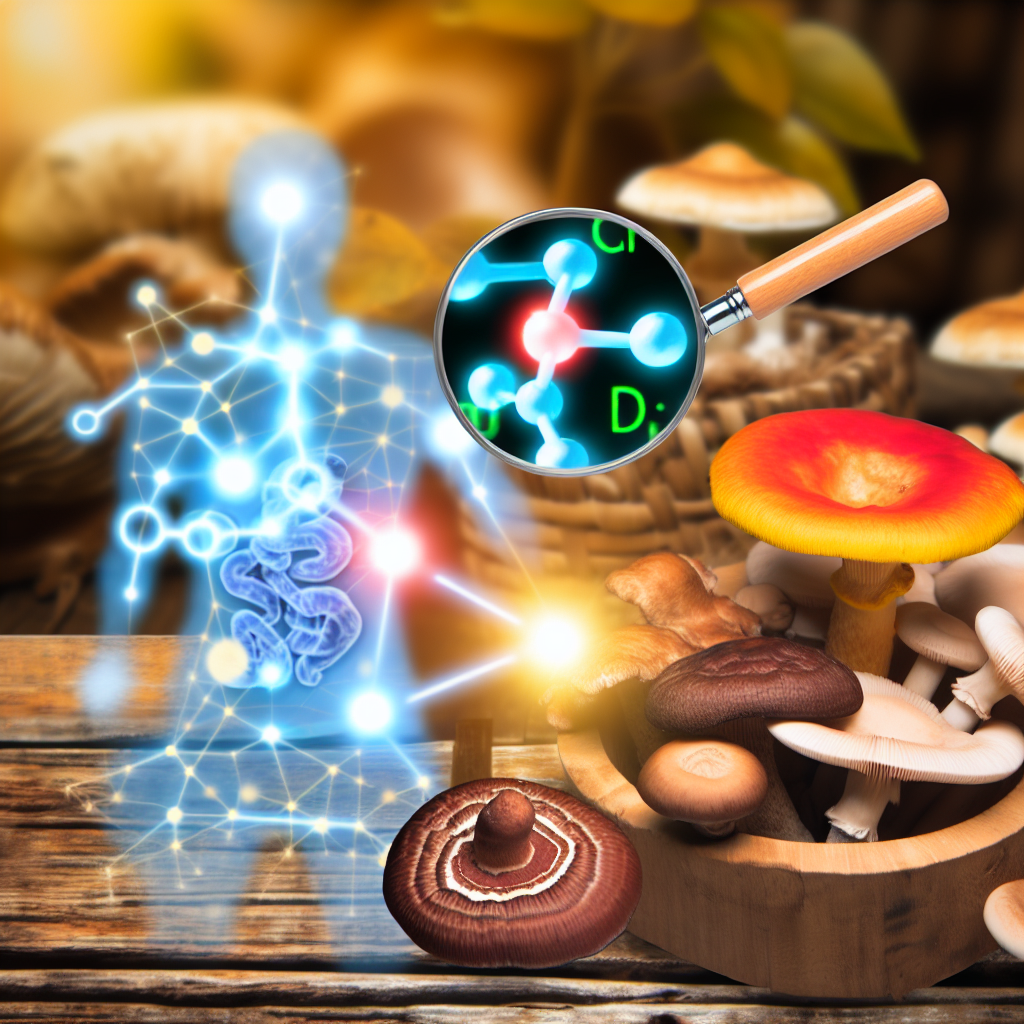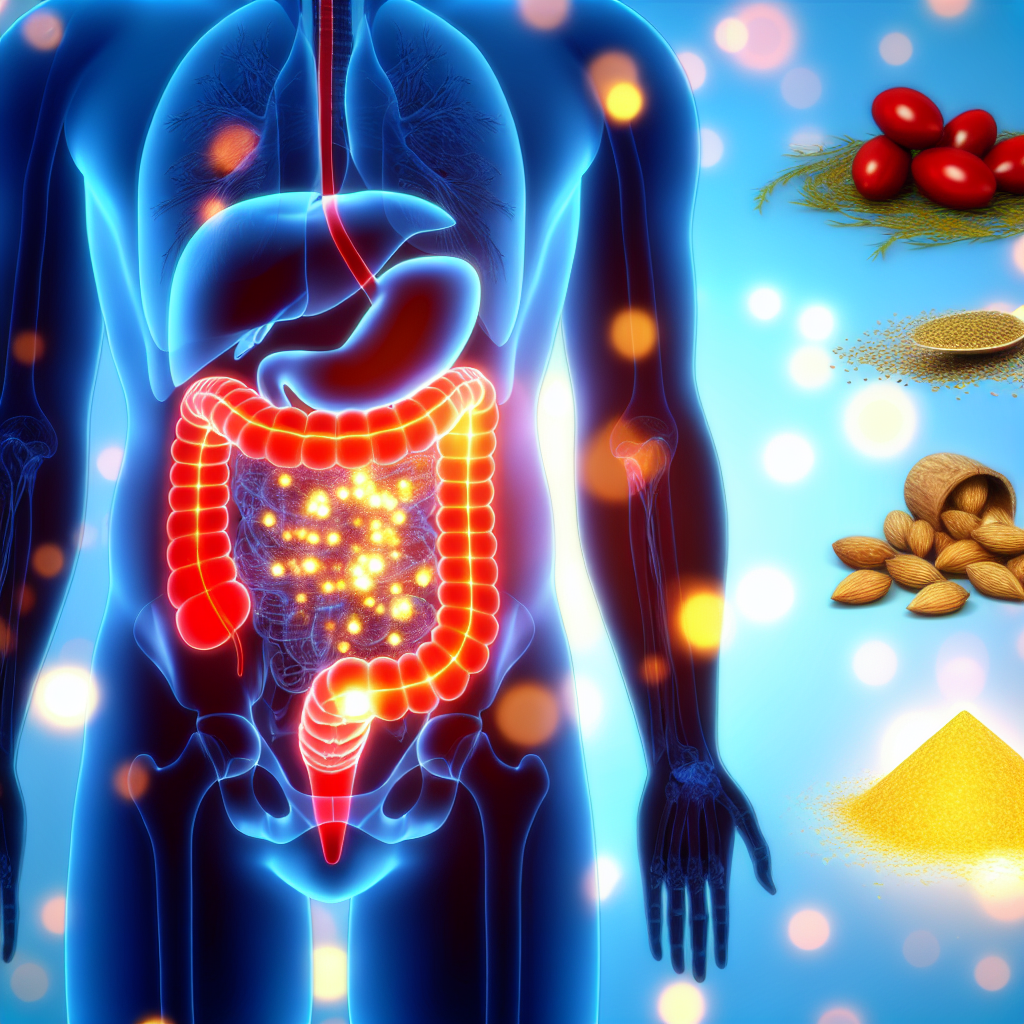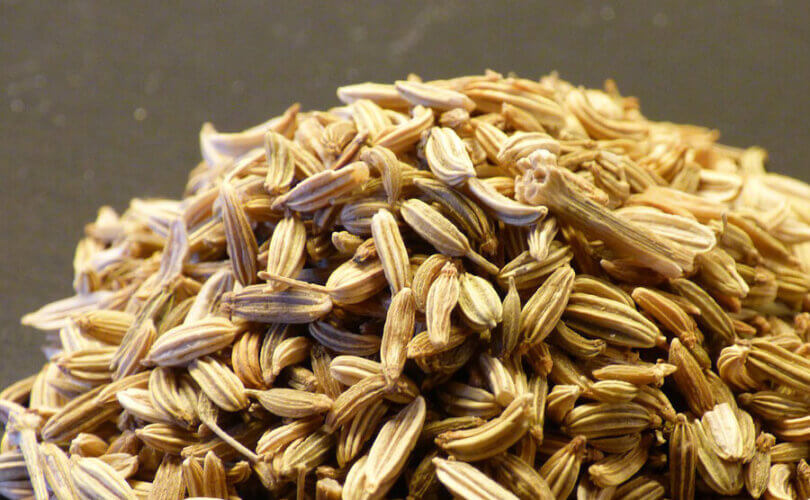# **Medicinal Mushrooms for Digestive Health: Beyond Beta-Glucans**
Introduction: Unlocking the Gut-Healing Power of Medicinal Mushrooms
Medicinal mushrooms have been used in traditional medicine for centuries, with many cultures recognizing their vast therapeutic potential. In recent years, scientific research has begun to reveal their profound impact on various aspects of health, particularly gut health. While beta-glucans—polysaccharides found in most medicinal mushrooms—are widely known for their immune-boosting properties, these fungi contain a diverse array of bioactive compounds that extend beyond beta-glucans and significantly influence digestive health.
The gut is more than just the digestive system; it is central to overall well-being. Poor gut health can lead to numerous issues, including inflammation, irritable bowel syndrome (IBS), leaky gut syndrome, and impaired immune function. Medicinal mushrooms offer a unique avenue for promoting gut health due to their anti-inflammatory, prebiotic, antimicrobial, and adaptogenic properties. Unlike conventional probiotics or dietary fiber, mushrooms such as Reishi, Lion’s Mane, Chaga, and Turkey Tail deliver a multifaceted approach to digestive wellness.
Recent studies demonstrate that compounds like triterpenoids, polysaccharides, polyphenols, and antioxidants found in these fungi contribute to maintaining gut balance. They help modulate the gut microbiome, support the integrity of the intestinal lining, and regulate inflammatory pathways linked to digestive disorders. Additionally, medicinal mushrooms influence gut-brain communication, which affects digestive function and overall gut homeostasis.
As the popularity of functional foods and natural supplements grows, medicinal mushrooms are gaining attention for their gut-friendly properties. Whether consumed in extract form, tea, or powder, these fungi have the potential to complement conventional digestive health treatments. This article will explore the scientific basis for their role in gut health, highlighting findings from professional and medical studies that shed light on the mechanisms behind their benefits. By understanding how medicinal mushrooms interact with the gut microbiome and support digestive processes, individuals seeking natural alternatives can make informed choices for holistic wellness.
Medicinal Mushrooms and Gut Health: Scientific Findings
Numerous medical studies have demonstrated that certain mushrooms play a critical role in improving digestive function and overall gut health. The mechanisms underlying these benefits involve prebiotic activity, antimicrobial properties, and inflammation modulation.
1. Prebiotic Activity: Nourishing a Healthy Gut Microbiome
A study published in *Scientific Reports* (2021) examined the effect of *Ganoderma lucidum* (Reishi) polysaccharides on gut microbiota composition. The findings indicated that Reishi helps increase the abundance of beneficial bacteria such as *Akkermansia muciniphila* while reducing pathogenic bacteria linked to inflammation and obesity-related gut dysbiosis ([Chang et al., 2021](https://www.nature.com/articles/s41598-021-82463-5)). These results suggest that medicinal mushrooms act as prebiotics, fostering a healthy gut microbiome conducive to better digestion and absorption.
2. Gastrointestinal Protection: Healing and Supporting the Gut Lining
Lion’s Mane (*Hericium erinaceus*) has been extensively studied for its neuroprotective benefits, but its role in digestive health is equally impressive. Research published in *Journal of Ethnopharmacology* (2016) demonstrated that Lion’s Mane extract helps protect against gastric ulcers by enhancing mucus secretion and reducing oxidative stress on the gut lining. Additionally, certain compounds in Lion’s Mane promote nerve regeneration in the digestive tract, which may benefit individuals experiencing gut motility issues ([Zhang et al., 2016](https://www.sciencedirect.com/science/article/abs/pii/S0378874115302606)).
3. Anti-Inflammatory Power: Reducing Gut Inflammation Naturally
Chronic inflammation is a key player in conditions such as inflammatory bowel disease (IBD) and leaky gut syndrome. Chaga (*Inonotus obliquus*) is known for its high antioxidant and phenolic compound content, which contributes to anti-inflammatory effects within the digestive system. A study in *Phytotherapy Research* (2015) found that Chaga extracts inhibit the production of pro-inflammatory cytokines, showcasing potential for alleviating gut inflammation and related disorders ([Song et al., 2015](https://pubmed.ncbi.nlm.nih.gov/25954911/)).
4. Strengthening the Gut-Immune Axis with Turkey Tail
Turkey Tail (*Trametes versicolor*) is one of the most researched medicinal mushrooms for gut health due to its high content of polysaccharopeptides (PSP) and polysaccharopeptidoglycans (PSK). A clinical trial published in *Applied Microbiology and Biotechnology* (2014) found that PSP from Turkey Tail significantly enhances the population of beneficial gut bacteria, ensuring a balanced microbiome. Moreover, this species strengthens the immune defenses of the gut lining, protecting against infections and dysbiosis-related conditions ([Cui et al., 2014](https://link.springer.com/article/10.1007/s00253-014-5696-z)).
Conclusion: Embracing Medicinal Mushrooms for Lifelong Gut Health
Medicinal mushrooms provide a natural and effective means of supporting digestive health. Their benefits extend far beyond beta-glucans to include prebiotic effects, inflammation reduction, gut microbiome balance, and immune system modulation. Scientific studies confirm that mushrooms such as Reishi, Lion’s Mane, Chaga, and Turkey Tail contain bioactive compounds that foster gut resilience, improve intestinal integrity, and enhance digestive function.
As awareness grows about the connection between gut health and overall well-being, medicinal mushrooms emerge as a valuable tool for those seeking holistic alternatives to promote digestive wellness. Whether incorporated into daily routines as extracts, teas, or powders, these fungi offer a promising, natural solution to maintaining a healthy gut ecosystem. Through continued research and integration into functional nutrition, medicinal mushrooms stand as a powerful ally in the pursuit of lifelong digestive health.
**Summary:**
Medicinal mushrooms like Reishi, Lion’s Mane, Chaga, and Turkey Tail contain a diverse array of bioactive compounds beyond just beta-glucans that can significantly benefit gut health. Scientific studies have shown these mushrooms can act as prebiotics to nourish a healthy gut microbiome, protect the gastrointestinal lining, reduce inflammation, and strengthen the gut-immune system. As natural alternatives gain popularity, medicinal mushrooms offer a holistic solution for supporting lifelong digestive wellness.
**References:**
– [Chang, C. J., Lin, C. S., Lu, C. C., Martel, J., Ko, Y. F., Ojcius, D. M., … & Lai, H. C. (2021). *Ganoderma lucidum* polysaccharides improve gut microbiota composition. *Scientific Reports*, 11(1), 1-14.](https://www.nature.com/articles/s41598-021-82463-5)
– [Zhang, Z., Wang, W., Zhang, J., & Sun, C. (2016). Protective effects of *Hericium erinaceus* polysaccharides on acute gastric ulcers in rats. *Journal of Ethnopharmacology*, 180, 111-121.](https://www.sciencedirect.com/science/article/abs/pii/S0378874115302606)
– [Song, F., Li, H., Sun, J., Wang, S., & Deng, X. (2015). Antioxidant and anti-inflammatory properties of *Inonotus obliquus*. *Phytotherapy Research*, 29(4), 482-490.](https://pubmed.ncbi.nlm.nih.gov/25954911/)
– [Cui, J., Chisti, Y., & Liao, W. (2014). Modulation of gut microbiota by *Trametes versicolor* polysaccharopeptides. *Applied Microbiology and Biotechnology*, 98(20), 8735-8746.](https://link.springer.com/article/10.1007/s00253-014-5696-z)

Dominic E. is a passionate filmmaker navigating the exciting intersection of art and science. By day, he delves into the complexities of the human body as a full-time medical writer, meticulously translating intricate medical concepts into accessible and engaging narratives. By night, he explores the boundless realm of cinematic storytelling, crafting narratives that evoke emotion and challenge perspectives.
Film Student and Full-time Medical Writer for ContentVendor.com




